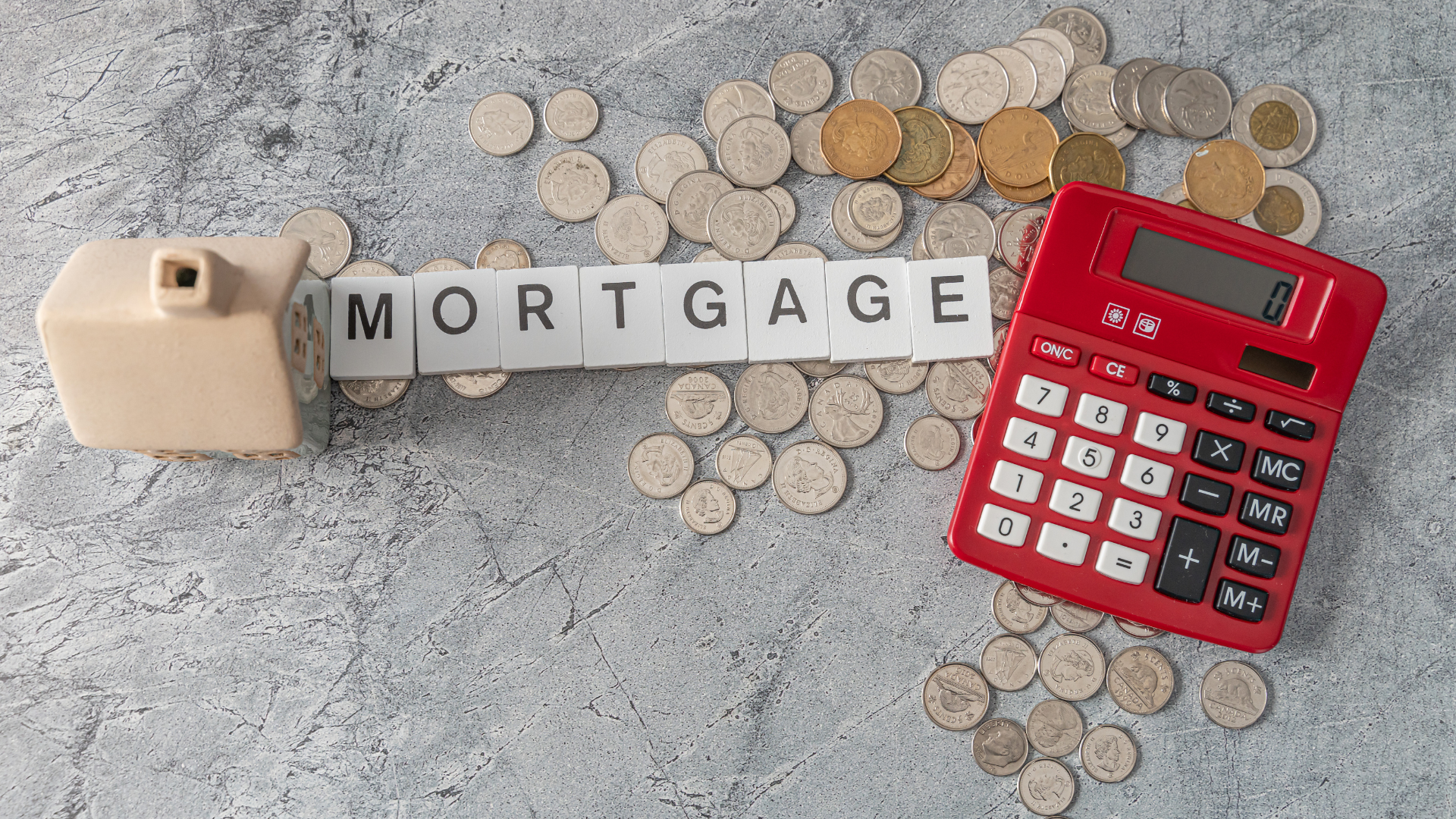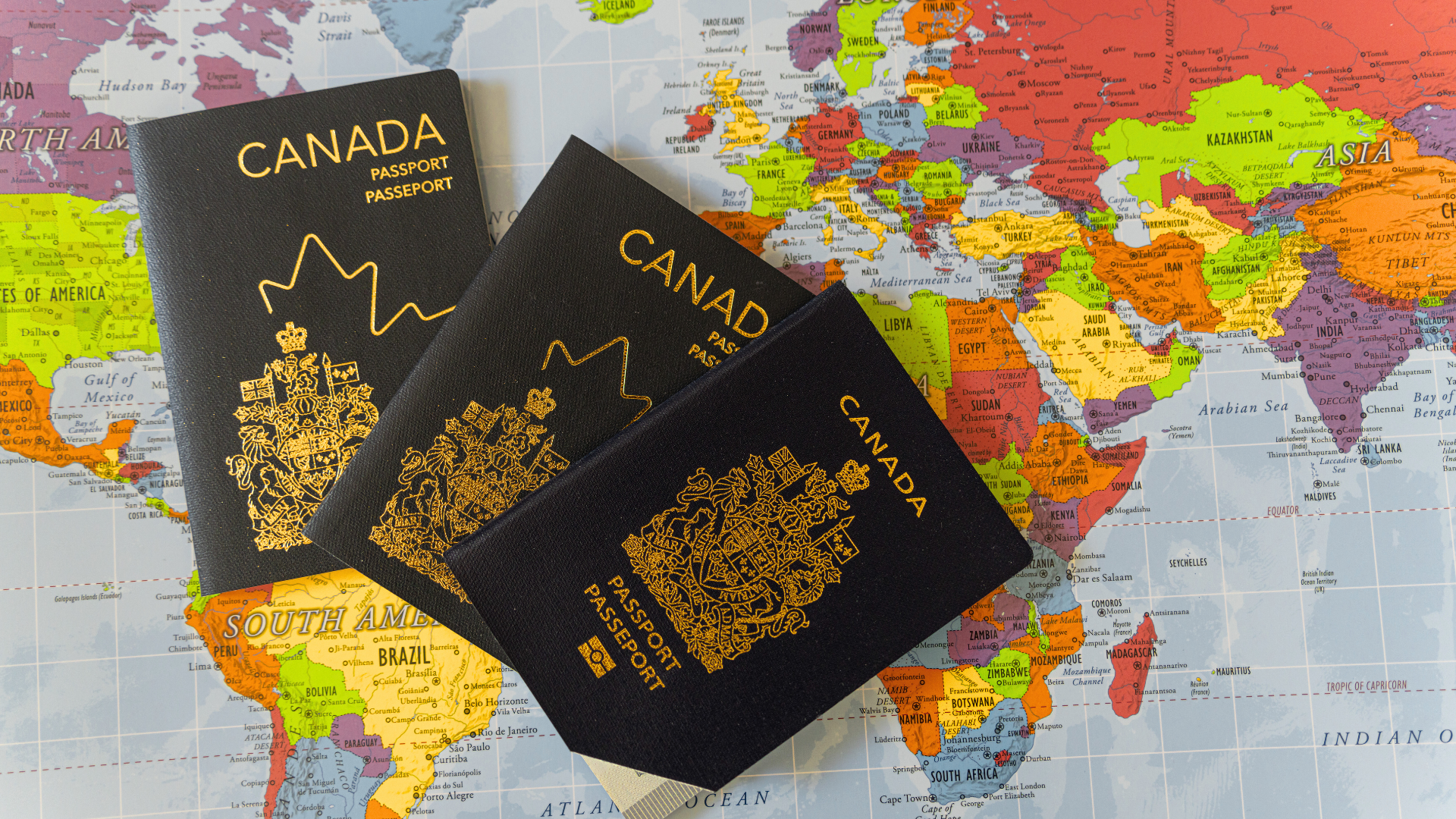A Newcomer’s Guide to Understanding Mortgages in Canada

As a newcomer to Canada, buying your first home can be both
exciting and overwhelming. Understanding the different types of mortgages
available can help you make informed decisions. This guide will break down the
basics of mortgages, various mortgage types, and provide helpful tips for a
smooth home financing experience.
What is a Mortgage?
A mortgage is a loan used to buy a home, allowing you to
pay for the property over time instead of saving the entire amount upfront. You
agree to make regular payments, which include both the loan amount (principal)
and interest, over a set period. Your home serves as security for the loan
until it’s fully paid off.
Key Factors to Consider When Choosing a
Mortgage
When selecting a mortgage, consider the following:
- Interest
Rate: The rate your lender charges on the mortgage.
- Loan
Term: The length of time you are committed to the lender’s
terms.
- Mortgage
Type: Fixed or variable rate mortgages, open or closed
terms.
- Prepayment
Privileges: Your ability to pay extra amounts without
penalties.
Understanding Mortgage Term vs. Amortization
Period
It’s important to differentiate between the mortgage term
and the amortization period:
- Mortgage
Term: The period you commit to a particular interest rate
with your lender, typically ranging from 6 months to 10 years. You will
renegotiate the rate at each renewal.
- Amortization
Period: The total time it will take to pay off
your mortgage, usually 25 years. A longer amortization means lower monthly
payments but higher overall interest costs.
How Mortgage Payments are Calculated
Mortgage payments are calculated based on the loan amount,
interest rate, amortization period, and how often you make payments (monthly,
bi-weekly, etc.). Each payment usually includes both principal and interest.
Prepayment Privileges and Charges
Prepayments are extra payments you make on top of your
regular mortgage payments. They help pay down your mortgage faster, reducing
the amount of interest you pay over time. Lenders offer varying prepayment
privileges—these allow you to make extra payments without penalties up to a
certain limit.
Breaking your mortgage (paying it off early) can lead to
prepayment charges. These fees vary based on your mortgage type and lender, so
it’s crucial to understand your terms before making extra payments.
Choosing the Right Mortgage for You
Finding the right mortgage depends on your financial
situation and goals. Consulting with a mortgage specialist can help you
understand different mortgage types and their potential impact on your
finances.
Types of Mortgages: Fixed vs. Variable Rate
- Fixed
Rate Mortgage:
- Pros:
Stable payments throughout the term, protection against rising rates.
- Cons:
Payments don’t decrease if interest rates drop.
- Variable
Rate Mortgage:
- Pros:
Lower payments if rates fall.
- Cons:
Payments could increase if rates rise.
Open vs. Closed Mortgages
- Open
Mortgage: Offers flexibility to pay off your
mortgage anytime without fees.
- Pros:
No prepayment penalties.
- Cons:
Higher interest rates compared to closed mortgages.
- Closed
Mortgage: Lower interest rates but limits on extra
payments.
- Pros:
Lower rates.
- Cons:
Prepayment charges if you exceed limits.
Making Your First Mortgage Experience Easier
- Choose
Flexibility: Opt for flexible payment options like
increasing regular payments or making lump sum payments without penalties.
- Emergency
Breaks: Some lenders, like TD, offer features
that allow you to pause payments in emergencies, though interest will
continue to accumulate.






